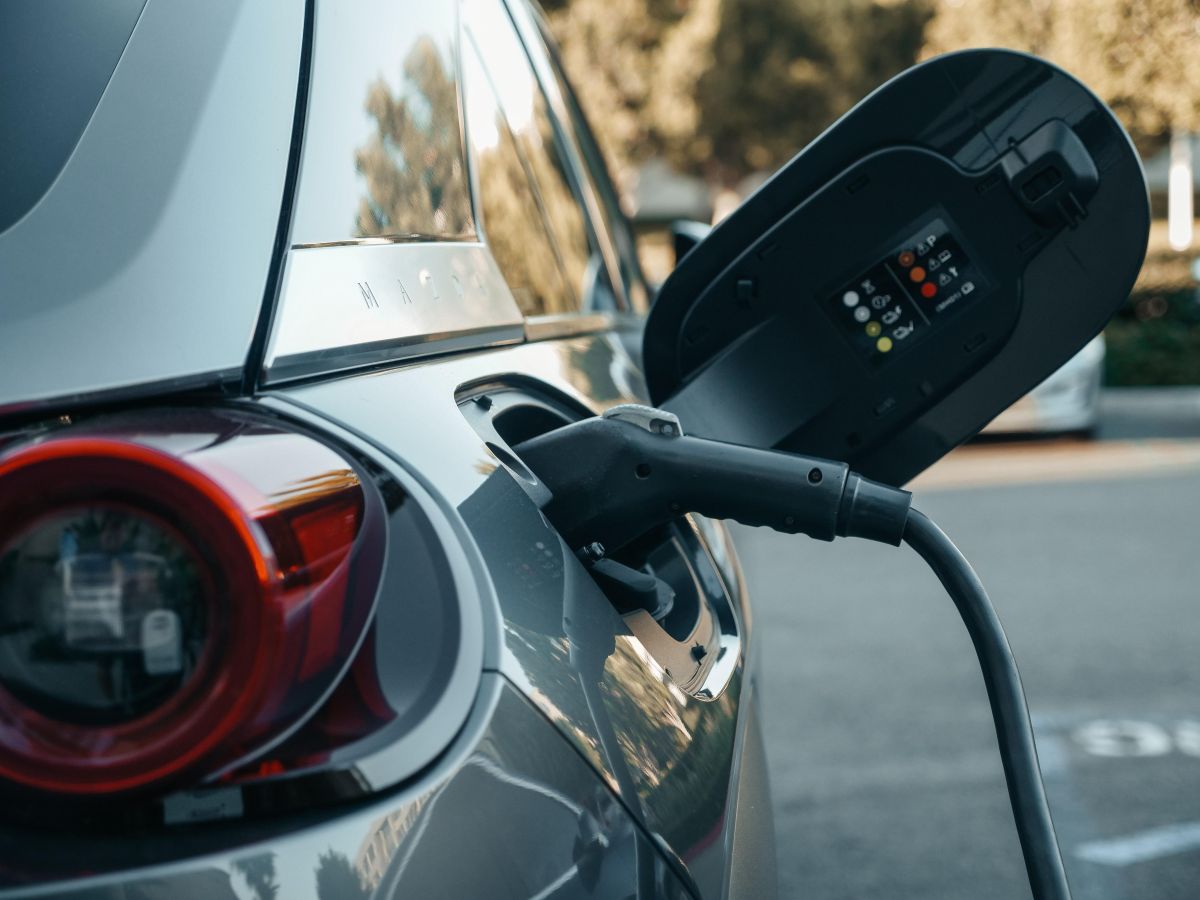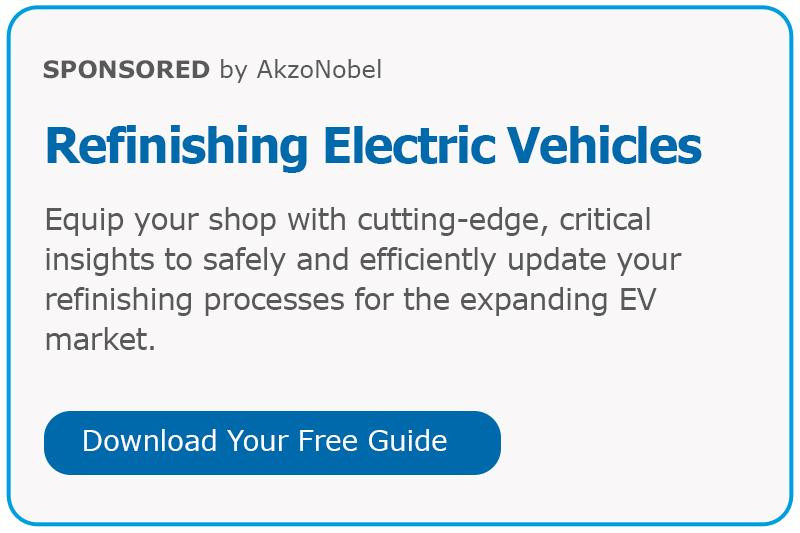The Biden administration announced a $623 million investment to expand the U.S. electric vehicle charging infrastructure, aiming to establish 47 new EV charging stations with 7,500 charging ports and support related projects in 22 states and Puerto Rico.
U.S. Dept. of Transportation Secretary Pete Buttigieg emphasized the historic opportunity for America to lead in the EV revolution, stressing the benefits this shift would bring in terms of job creation, economic savings and improved accessibility and reliability of EV chargers for American drivers.
However, the progress towards this ambitious network has been gradual. To date, only Ohio and New York have operational charging stations under the National Electric Vehicle Infrastructure program. Meanwhile, other states like Pennsylvania and Maine are in the early stages of their federally funded projects, with expectations to open their stations soon. In total, 28 states and Puerto Rico are moving forward with the construction of chargers, either by awarding contracts or accepting bids.
The push towards EV infrastructure comes in the wake of a significant surge in EV sales since President Joe Biden took office in 2021. Sales have more than quadrupled, surpassing 1 million last year. Concurrently, the number of publicly available charging ports has increased by nearly 70% to 168,426.
The expansion of the EV charging network is not just about infrastructure growth; it's integral to the Biden administration's goal of having EVs account for half of all new car sales by 2030. Addressing the public's concerns about the availability of charging stations and the time it takes to charge EVs is crucial. An April survey showed 80% of respondents were hesitant to buy an EV due to the scarcity of charging options, and 70% were concerned about the charging time and battery technology.
Despite these concerns, administration officials remain optimistic about the future of EVs. They note a significant increase in EV sales, which now constitute about 9% of all passenger vehicle sales. Buttigieg also highlighted a recent study indicating the cost of EVs is only marginally higher than that of gasoline-powered cars, with prices expected to drop further.
The grants will not only support the construction of new charging stations but also enhance existing infrastructure. For instance, $311 million is allocated to 36 community projects, including initiatives in Alaska and Arizona to support Native American Tribes. These projects are geared towards improving EV and hydrogen fueling infrastructure in both urban and rural settings.
Additionally, $312 million will fund projects along 11 highway corridors, designated as Alternative Fuel Corridors. Notable projects in California include a $19.6 million investment in Riverside County for a publicly accessible EV charging facility, and a $56 million grant to San Joaquin Valley for constructing state-of-the-art truck charging sites.
This funding initiative also extends to supporting hydrogen fueling stations for freight trucks in Texas and the construction of 87 EV charging stations in Maryland, focusing on urban, suburban and low- and moderate-income communities.










